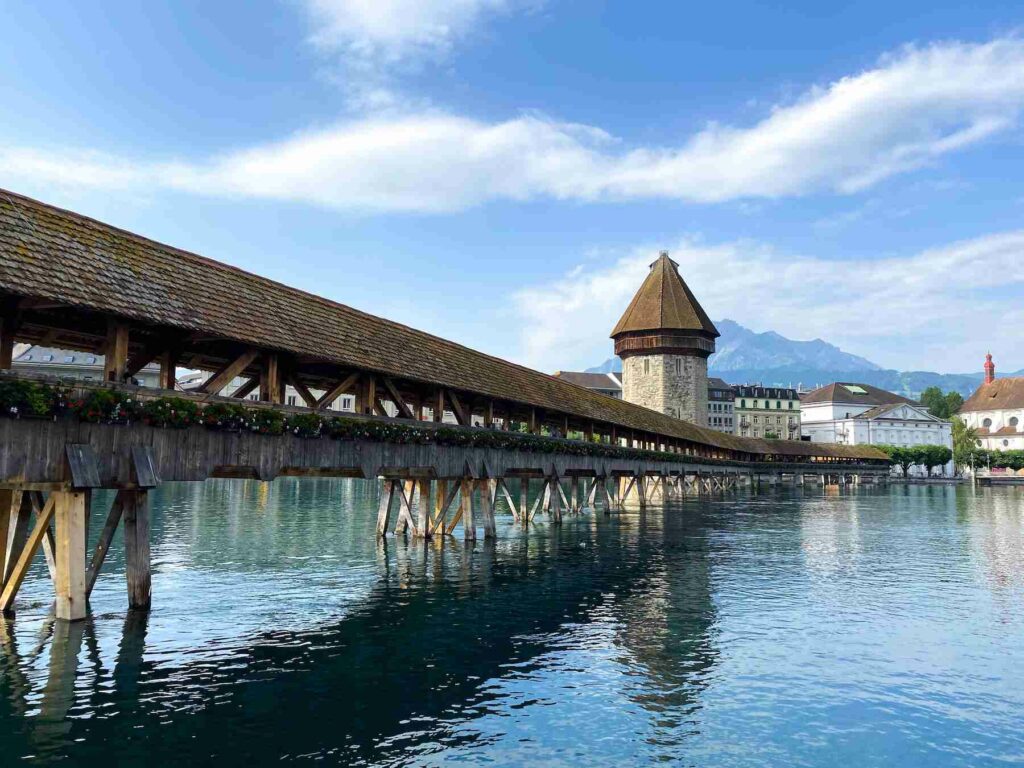Mar, May 2nd 2023

(SwissTech) How is it possible these days for bridges to collapse like the one in Genoa? Or entire cities to be leveled by an earthquake, as happened recently in Turkey?
Much of the infrastructure we use every day has reached the end of its lifespan and is usually only inspected visually. This method is neither accurate nor up-to-date.
The start-up irmos technologies, which has its roots at ETH Zurich, has developed a platform that uses sensors and intelligent algorithms to convert vibrations caused by traffic, wind, construction work and seismic events, for example, into structural condition data. In this way, the structural integrity of buildings can be monitored in real time.
To this end, the start-up has acquired and processed valuable datasets of healthy and damaged structures to develop its algorithms. The technology not only provides structural damage assessments, but also degradation analysis to support predictive maintenance.
It also serves as an early warning system and for rapid condition assessment in the event of disasters and accidents. By extending the life of a structure, the platform can significantly increase the efficiency of building assessments.

According to a media release, greater control of buildings and bridges is needed because 50% of Switzerland’s buildings have exceeded their planned lifespan. Irmos technologies has reportedly already used the platform in several pilot projects, including Bellevue Palace Hotel in Bern and Glarus Cantonal Hospital. A long-term monitoring project has been agreed with the Federal Roads Office.
The start-up plans to expand its market presence in Switzerland and develop a business plan for international growth in 2024. In view of the severe damage caused by the earthquake in Turkey in February 2023, an early warning system is urgently needed.
According to irmos, the global structural monitoring market is expected to be worth around USD 4 billion by 2027, with a CAGR of 14.6%.
This article was reprinted with permission from SwissTech.
